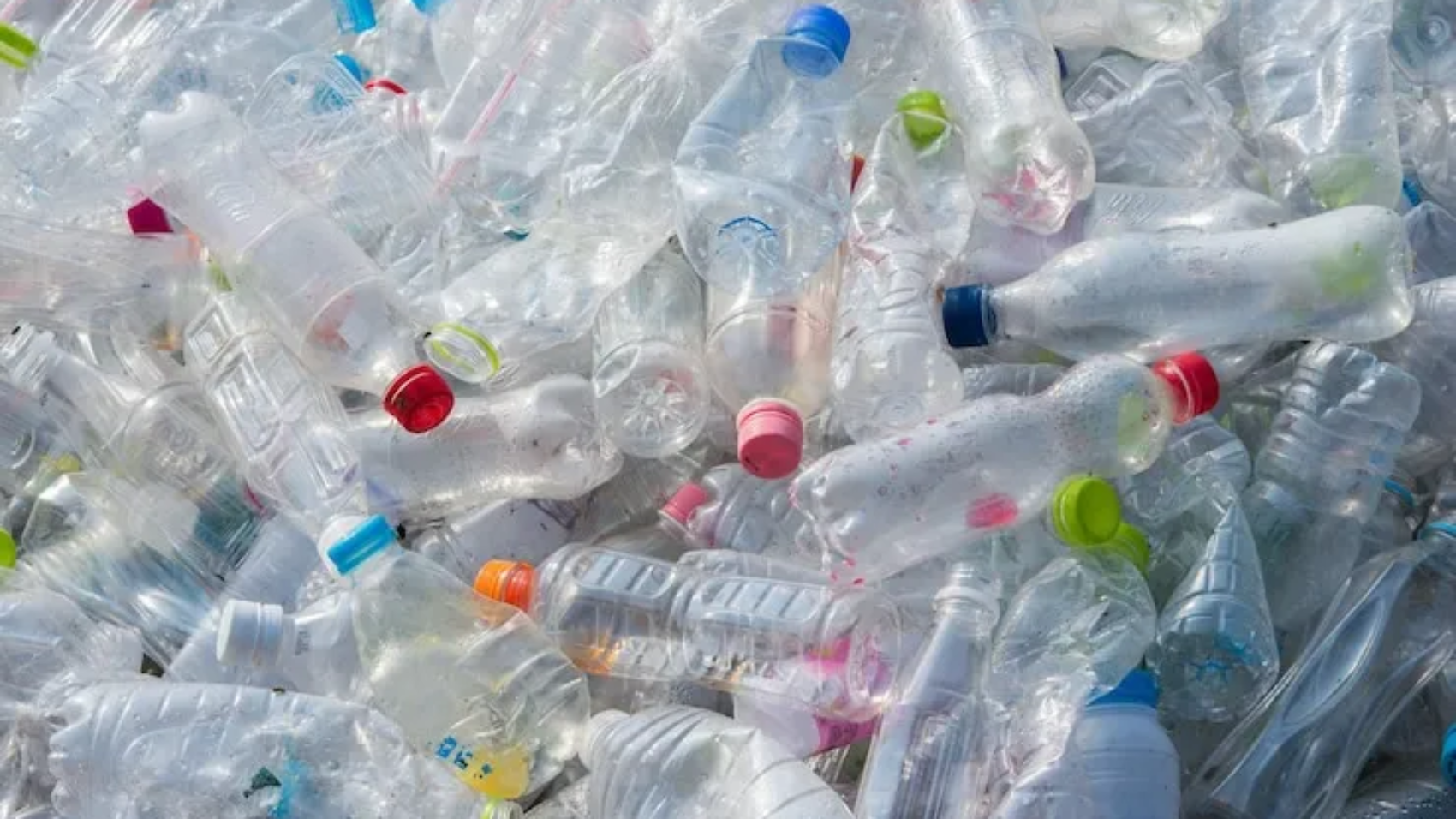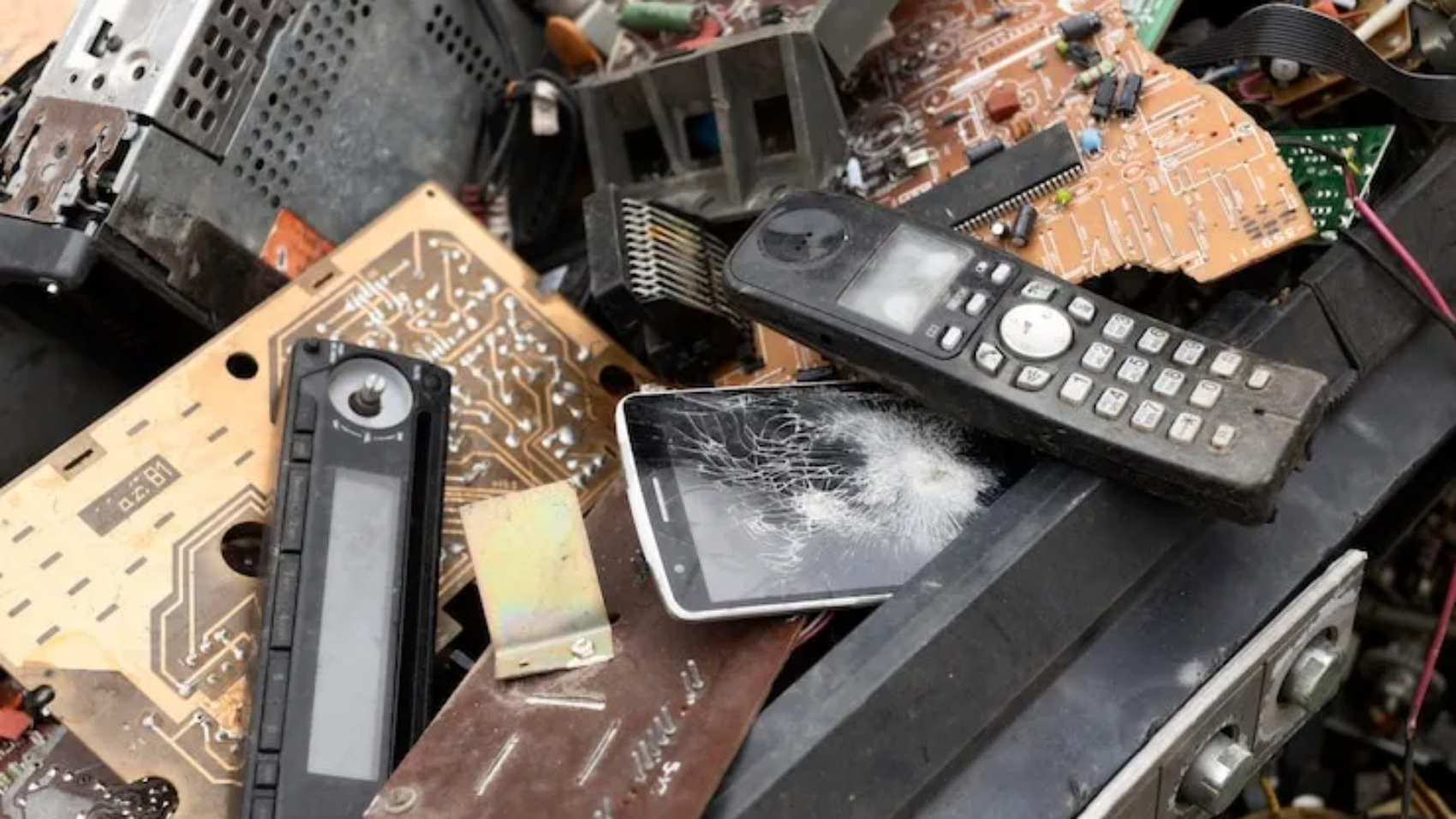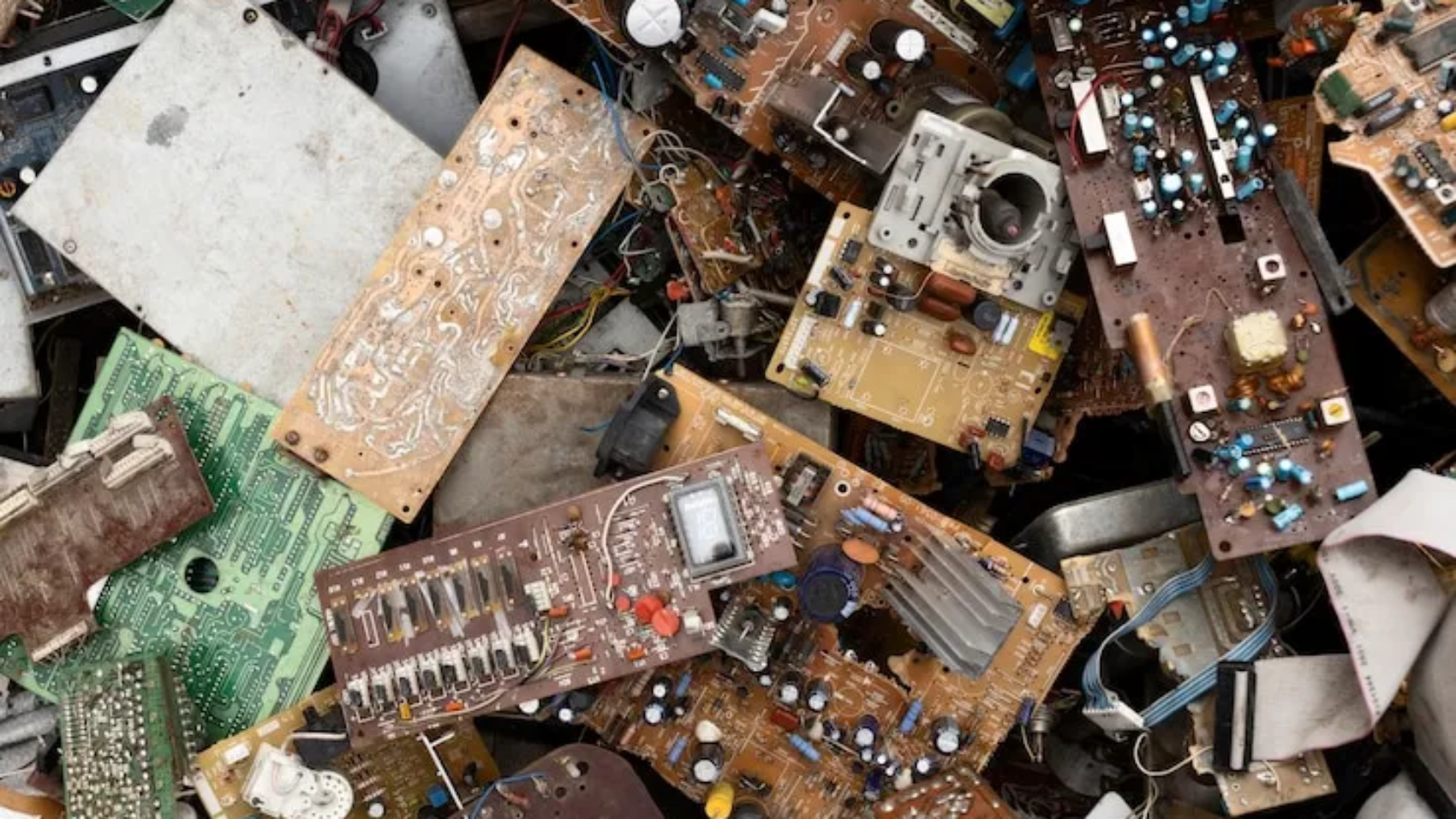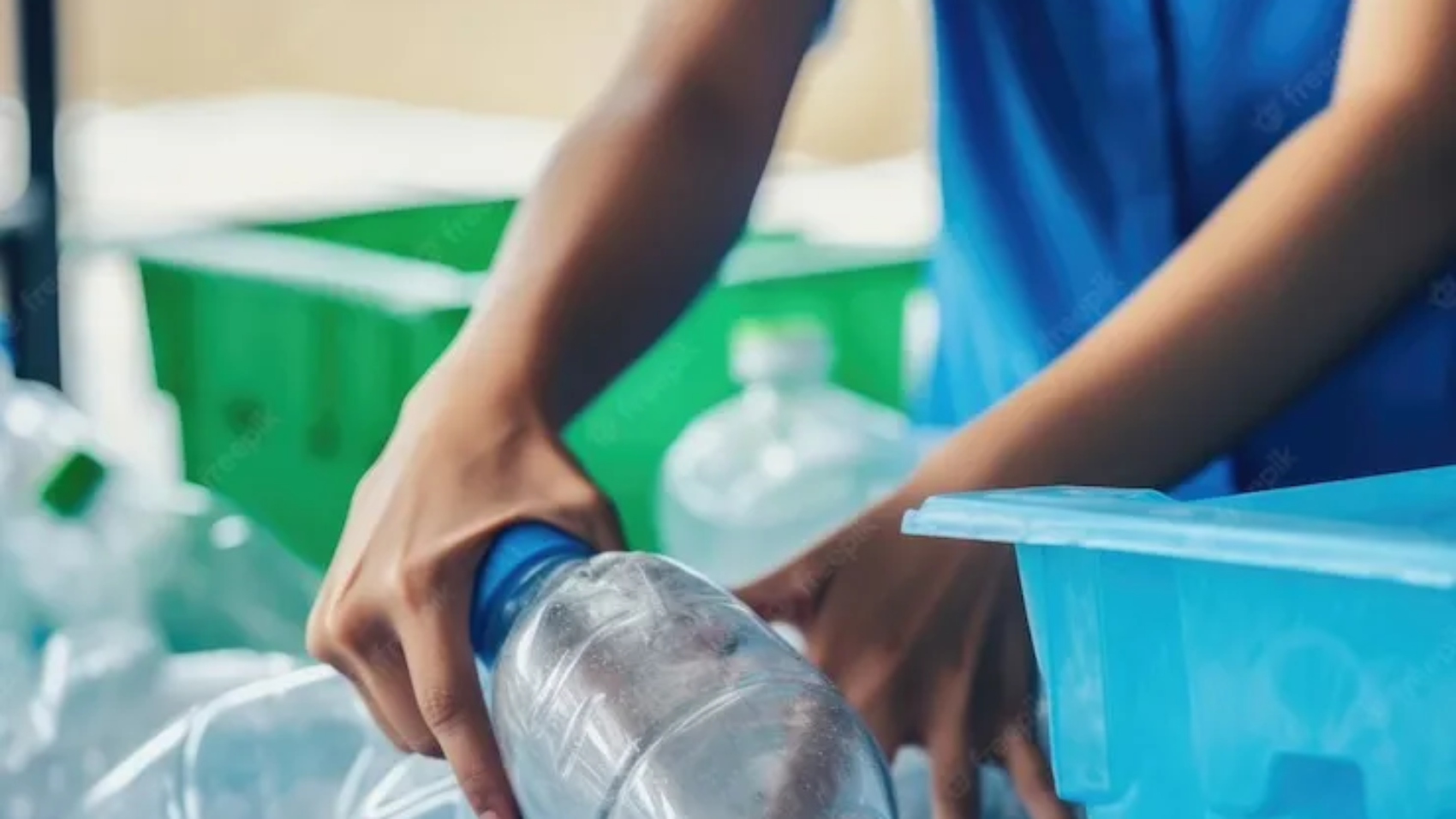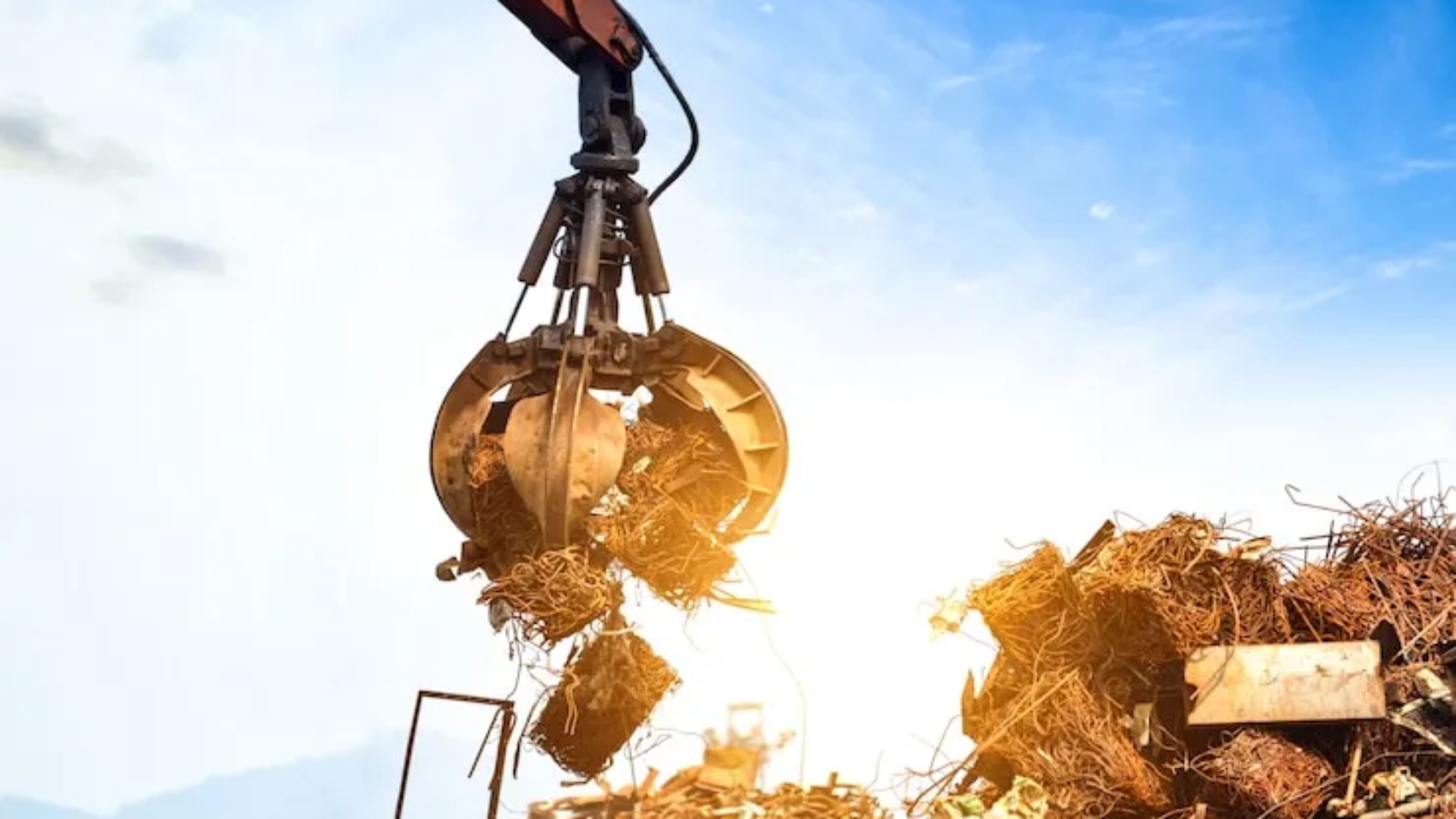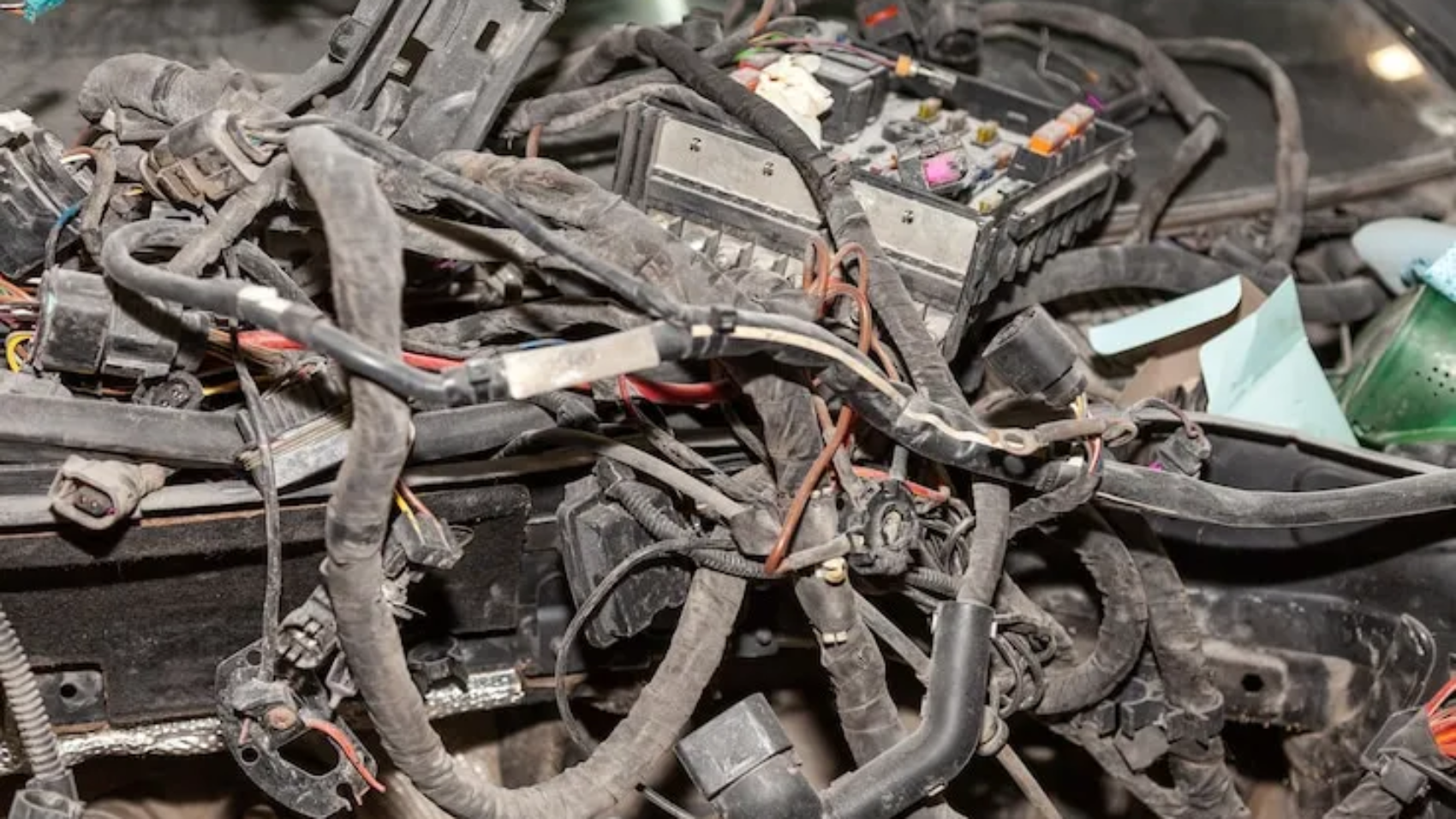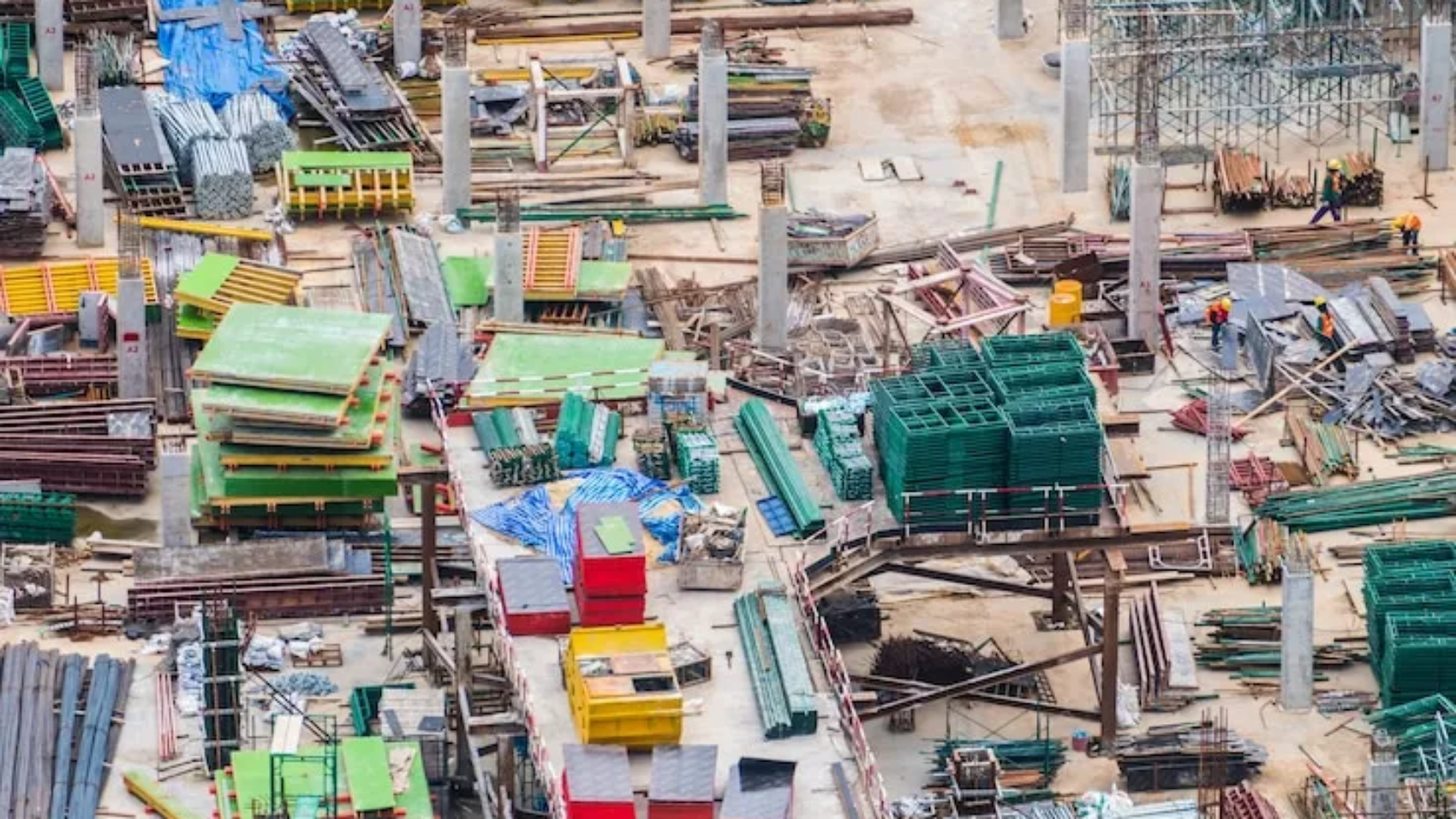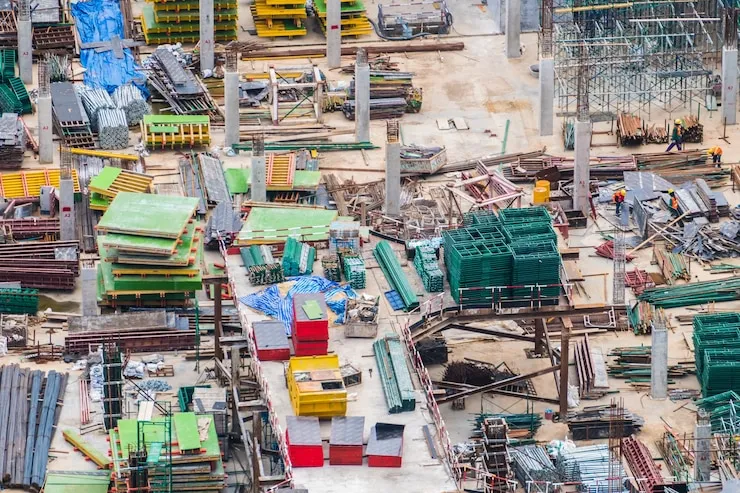Plastic pollution has become a global crisis, with millions of tons ending up in our oceans and landfills each year. But amidst this environmental catastrophe, there is hope shining from the vibrant streets of India. In a country known for its rich culture and diverse landscapes, innovative minds are taking center stage to combat plastic waste head-on. Join us as we unveil India’s most groundbreaking and ingenious plastic recycling companies that are leading the charge towards sustainable solutions.
From transforming discarded bottles into beautiful textiles to creating eco-friendly packaging alternatives, these trailblazers prove that when it comes to saving our planet, imagination knows no bounds. Prepare to be inspired by their revolutionary efforts as we dive deep into their stories of resilience, determination, and unwavering commitment towards building a greener future for India – one recycled plastic at a time!
These companies are leading the way in India when it comes to pioneering sustainable solutions and inspiring new ways of thinking. By demonstrating creative ways to recycle plastic, they are helping to prevent further environmental damage while addressing local markets that are often overlooked. By setting an example for other countries, these companies are helping to create a global movement towards more sustainable alternatives. Their commitment is not only transforming the way we think about plastic but also how we interact with our environment. From reducing waste and pollution to creating jobs and livelihoods, these innovative companies are paving the way for a brighter future and a healthier planet.
Introduction to Plastic Recycling in India
In India, plastic recycling is an emerging industry that is still in its early developmental stages. With the country’s population of over 1.3 billion people, and a growing middle class with increased disposable incomes, the demand for plastic products has never been higher. At the same time, awareness of the environmental impacts of plastic waste is also on the rise. As a result, a number of innovative companies have emerged in recent years to address the challenge of plastic waste in India.
One such company is Reparyog !, which has developed a unique process for recycling mixed plastic waste into usable pellets that can be used to make new products. Another company, GreenWaste Recovery, has developed a technology that can convert plastic waste into fuel oil.
These are just a few examples of the many innovative companies that are working to develop sustainable solutions for plastic waste in India. With continued support from the government and private sector, it is hoped that the industry will continue to grow and scale up its operations in order to make a dent in the country’s massive plastic waste problem.
Impact of Plastic Pollution on India’s Environment
In recent years, plastic pollution has become a major environmental issue in India. Plastic waste not only pollutes the land and water, but also poses a serious threat to wildlife. According to a report by the Central Pollution Control Board (CPCB), India generates around 26,000 tonnes of plastic waste every day, of which only 60% is collected and 20% is recycled.
The remaining 80% of plastic waste ends up in landfills or is incinerated, which releases harmful chemicals into the environment. Plastic pollution has a number of adverse effects on the environment, including climate change, biodiversity loss, and human health problems.
In India, the problem of plastic pollution is compounded by the fact that much of the country’s waste management infrastructure is inadequate. There are very few recycling facilities and most households do not have access to proper garbage disposal services. As a result, plastic waste often ends up being dumped in rivers or on open grounds, where it pollutes the soil and water and poses a threat to wildlife.
There are a number of innovative plastic recycling companies in India that are working on sustainable solutions to the problem of plastic pollution. These companies are developing new technologies for recycling plastic waste and manufacturing eco-friendly products from recycled plastic. By supporting these companies, we can help reduce the impact of plastic pollution on India’s environment.
Overview of India’s Plastic Recycling Industry
The plastic recycling industry plays a crucial role in mitigating the environmental impact of plastic waste. With the increasing global concern about plastic pollution, recycling has become more important than ever.
The recycling industry focuses on collecting, sorting, and reprocessing plastic waste into new products. By recycling plastic instead of producing new raw materials, it helps conserve natural resources, reduce energy consumption, and decrease greenhouse gas emissions.
Plastic recycling also contributes to waste reduction and landfill diversion. By diverting plastic waste from landfills, it helps reduce the risk of soil and water contamination, and protects ecosystems and wildlife.
India is the world’s second-largest producer of plastic, with an annual output of 26.4 million tonnes. However, only 60% of this is recycled. The remaining 40% ends up in landfills or is incinerated, causing environmental damage.
The recycling industry in India is fragmented, with a large number of small and medium enterprises (SMEs). This makes it difficult to streamline the process and improve efficiency. Additionally, most SMEs lack the necessary technology and know-how to recycle plastic properly. As a result, they often resort to unsafe and environmentally damaging methods, such as open burning.
There are a few larger companies that are leading the way in terms of innovation and sustainability. These companies are developing new technologies to recycle plastic more effectively and efficiently. They are also working to create a more sustainable supply chain, from collection to end use.
Some of the most innovative plastic recycling companies in India include:
Reparyog: Reparyog, a leading waste management and environmental solutions company. Their comprehensive waste management services prioritize environmental responsibility, recycling, and renewable energy solutions. They dismantle old, inefficient, or polluting infrastructure and equipment, they reduce carbon emissions and promote sustainability. They minimize greenhouse gas emissions and contribute to conserving natural resources
Sustainable Solutions: Identifying the Most Innovative Companies in the Field
The search for sustainable solutions to the world’s plastic problem is on, and India is leading the way with some of the most innovative recycling companies in the field. These companies are finding new and creative ways to recycle plastic waste into useful products, and they’re doing it in a way that’s sustainable and environmentally friendly.
Benefits of Using Sustainable Solutions for Plastic Recycling
The plastic recycling industry is a vital part of the global effort to address plastic pollution. By recycling plastic waste, it helps protect the environment, conserve resources, and promote sustainable development.
In a world where plastic pollution is becoming an increasingly pressing environmental issue, sustainable solutions for plastic recycling are more important than ever. India is home to some of the most innovative plastic recycling companies in india, who are working hard to develop sustainable solutions for this growing problem.
Some of the benefits of using sustainable solutions for plastic recycling include:
1. Reducing Plastic Pollution: One of the main goals of recycling plastic is to reduce the amount of plastic pollution that ends up in our environment. Recycling helps to keep plastics out of landfills and oceans, where they can do serious damage to ecosystems.
2. Conserving Resources: Another benefit of recycling plastic is that it conserves resources. It takes a lot of energy and water to produce new plastic, so recycling saves these valuable resources.
3. Supporting Local Economies: Buying recycled plastic products supports local economies. By buying from Indian companies that recycle plastic, you’re helping to create jobs and boost the economy.
4. Helping to Build a Circular Economy: Recycling plastic helps to build a circular economy, where waste is seen as a valuable resource instead of something to be disposed of. This shift could help to create a more sustainable future for all.
Methods Used by Different Companies for Effective Plastic Recycling
There are a few processes that are commonly used for recycling plastics. The most common method is called ‘mechanical recycling’. In this process, the plastics are melted and reformed into new products. This method is used by many companies as it is relatively simple and efficient. However, there are a few drawbacks to this method. The quality of the recycled plastic is not as good as the original material. It can only be used to create certain products.
Another popular method is ‘chemical recycling’. This process involves breaking down the plastic into its chemical constituents. These chemicals can then be used to create new plastic products. This method is more expensive than mechanical recycling, but it results in a higher-quality recycled product.
Some companies are using innovative methods to recycle plastics.
They use innovative methods to reduce plastics that are crucial in combating the growing environmental issue of plastic pollution. Some companies use advanced technologies that convert plastic waste back into its original building blocks. It then allow for the creation of new plastics without degrading quality.
They use alternative packaging solutions, such as edible packaging or water-soluble films, which eliminate the need for single-use plastics.
Finally, many companies are focusing on reducing their plastic waste in the first place. This can be done by using sustainable materials such as glass and aluminium, or by using biodegradable plastics. Companies can also encourage customers to reuse or recycle their plastics. By taking steps like these, companies can reduce their reliance on plastic and help protect the environment.
Conclusion
Plastic recycling and sustainability are becoming increasingly important in India, with people striving for more sustainable solutions. The innovative plastic recycling companies mentioned in this article provide valuable services. It can help reduce the impact of plastic pollution on the environment. These businesses are inspiring examples of how innovation . It can make a real difference when it comes to reducing our carbon footprint and preserving the planet for future generations. By choosing a more sustainable lifestyle, we can all contribute to making our world a better place!
In addition to this , there are many other innovative plastic recycling companies in India that offer similar services. All of these organizations are working hard to change the way we manage our waste. We create sustainable solutions for our planet. By supporting these companies, we can all help to ensure that the future of our planet is a clean and healthy one!

